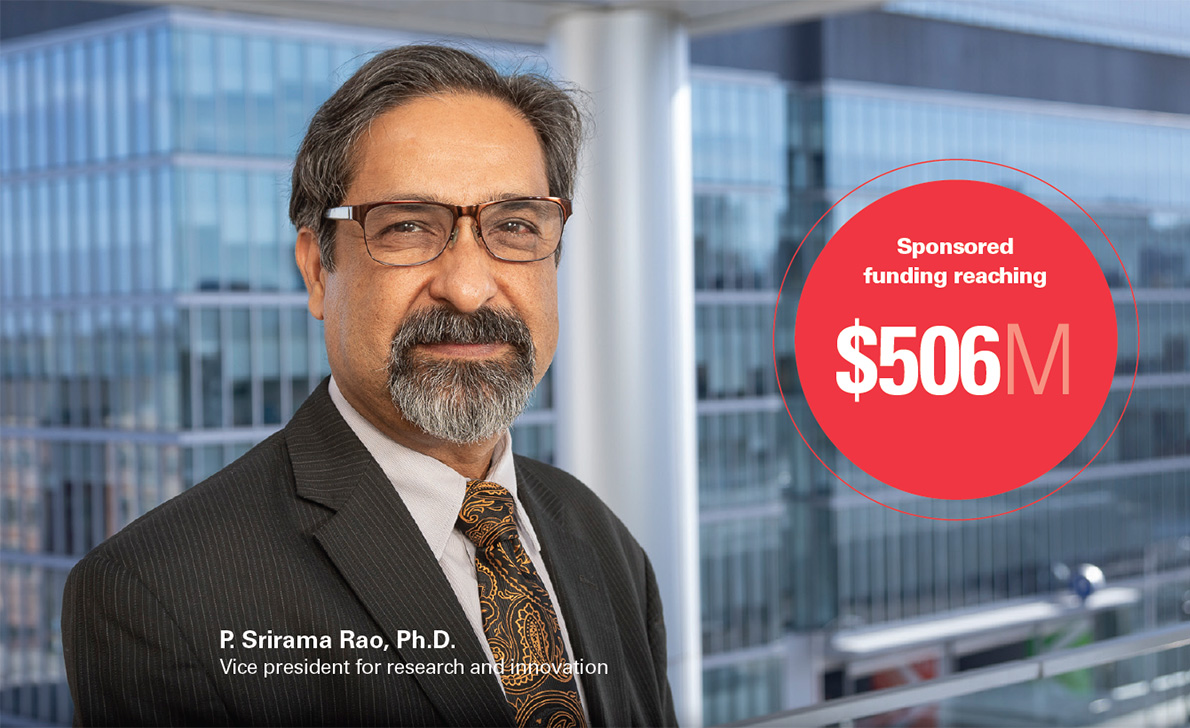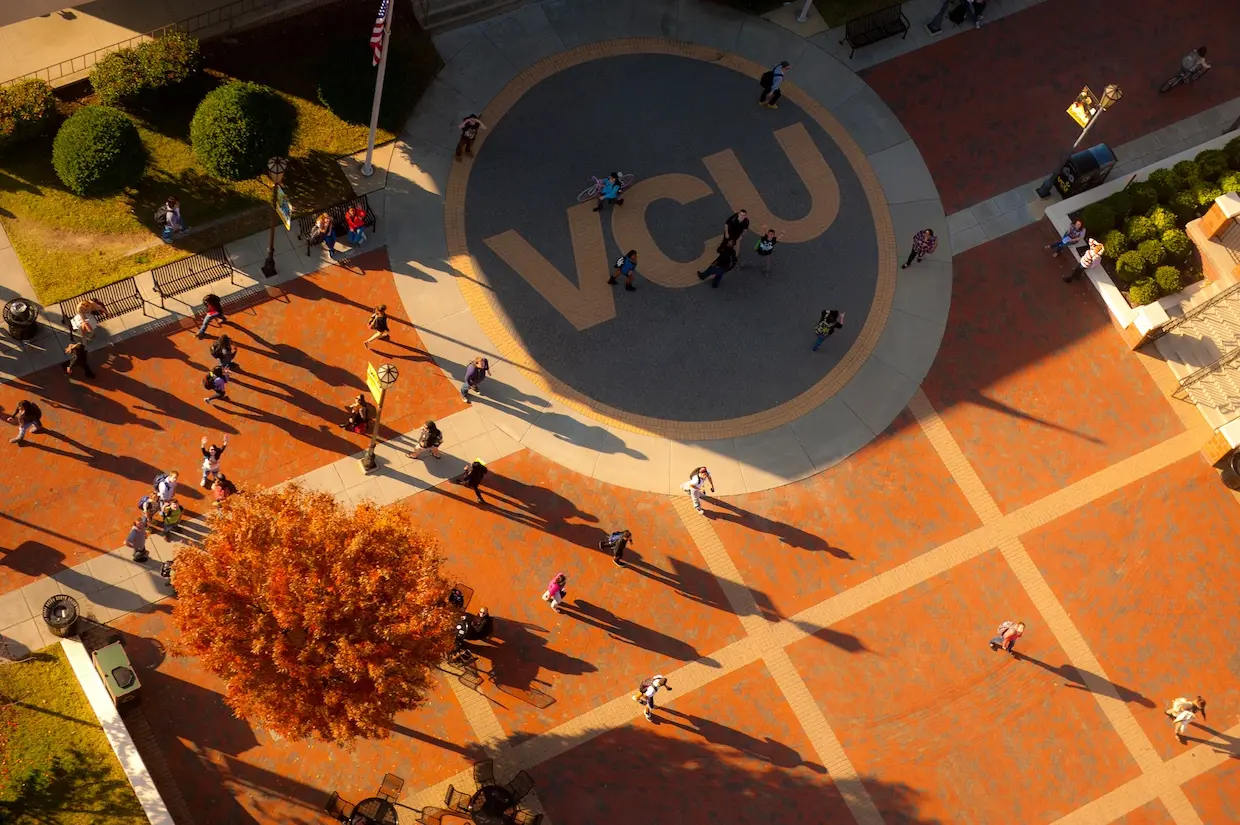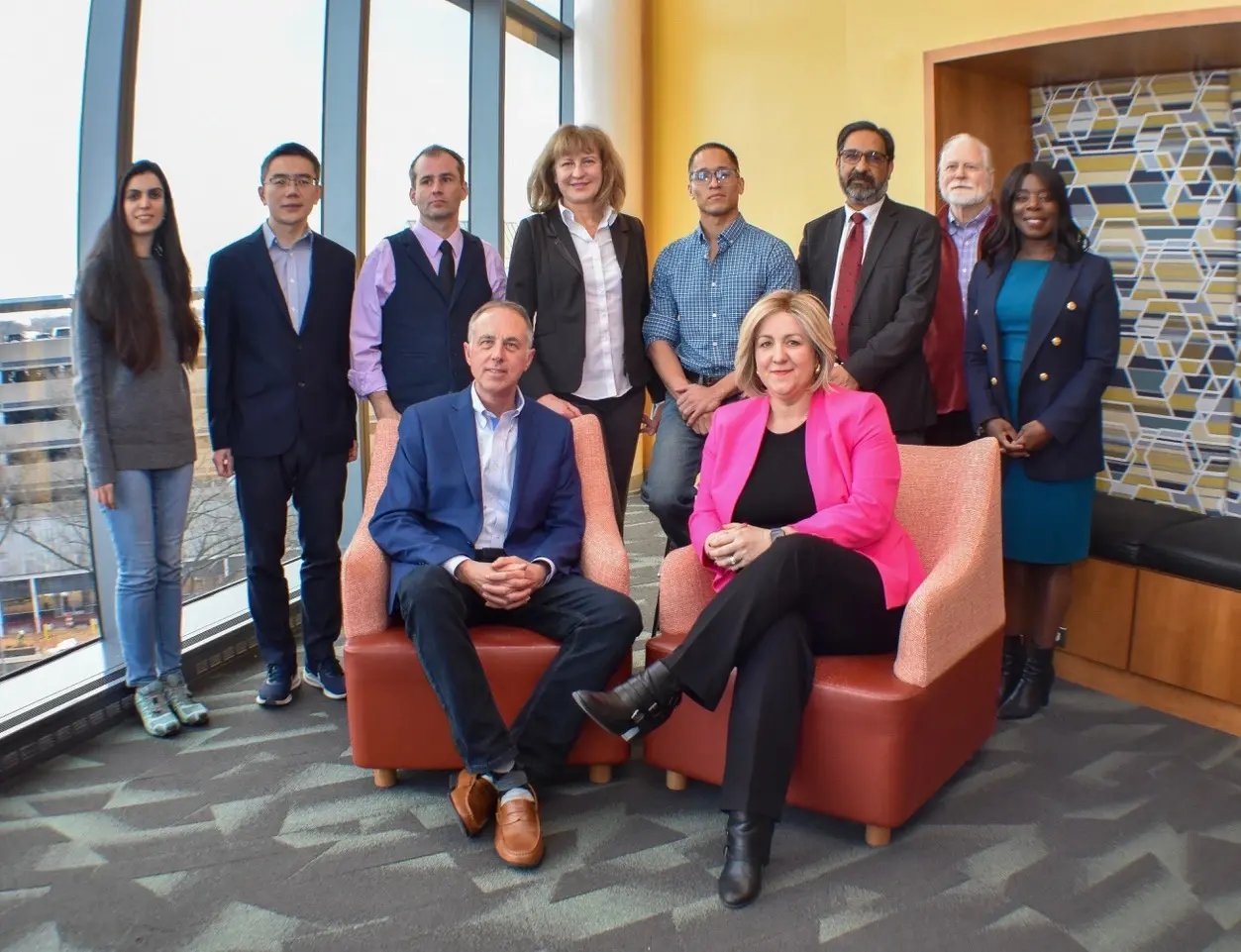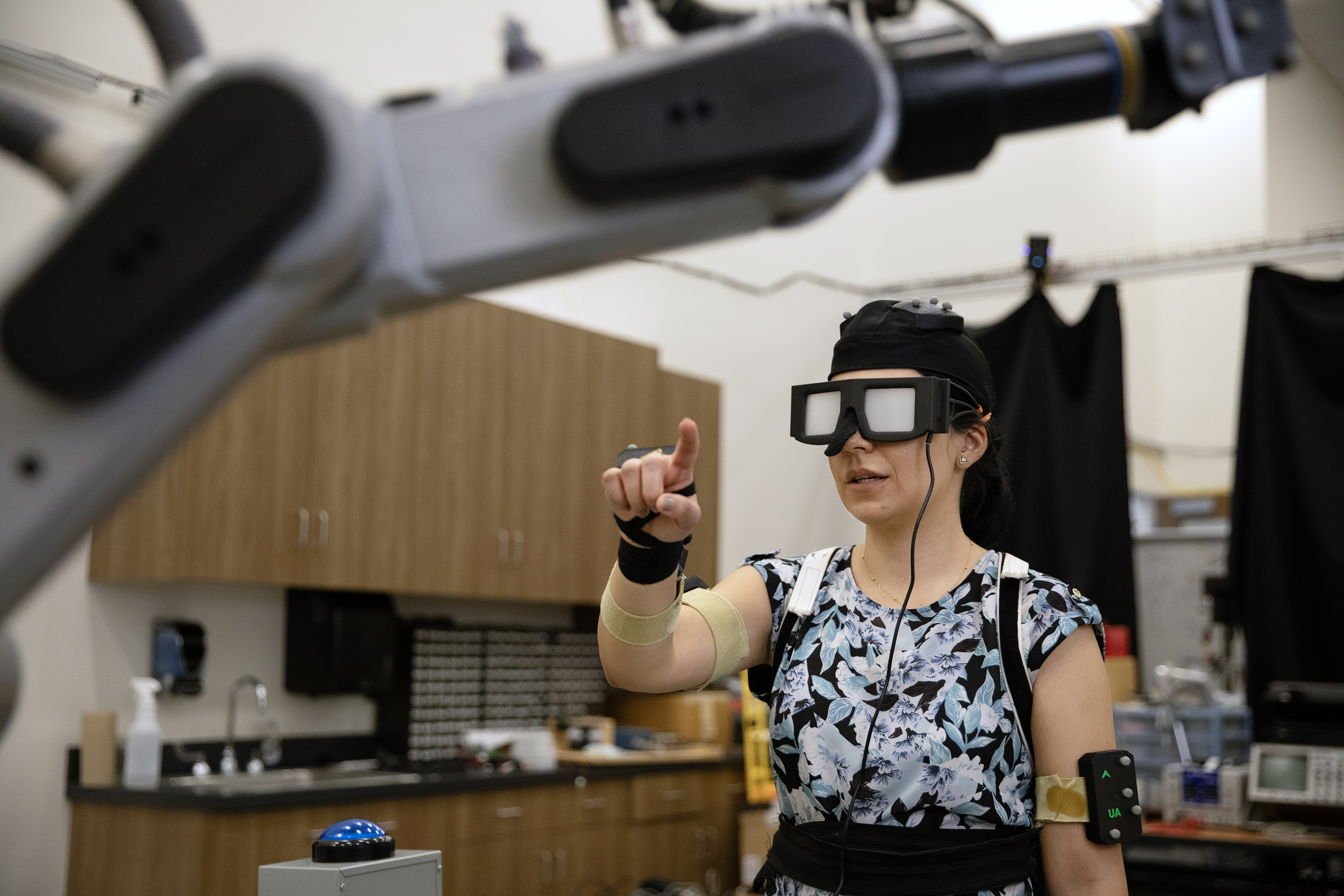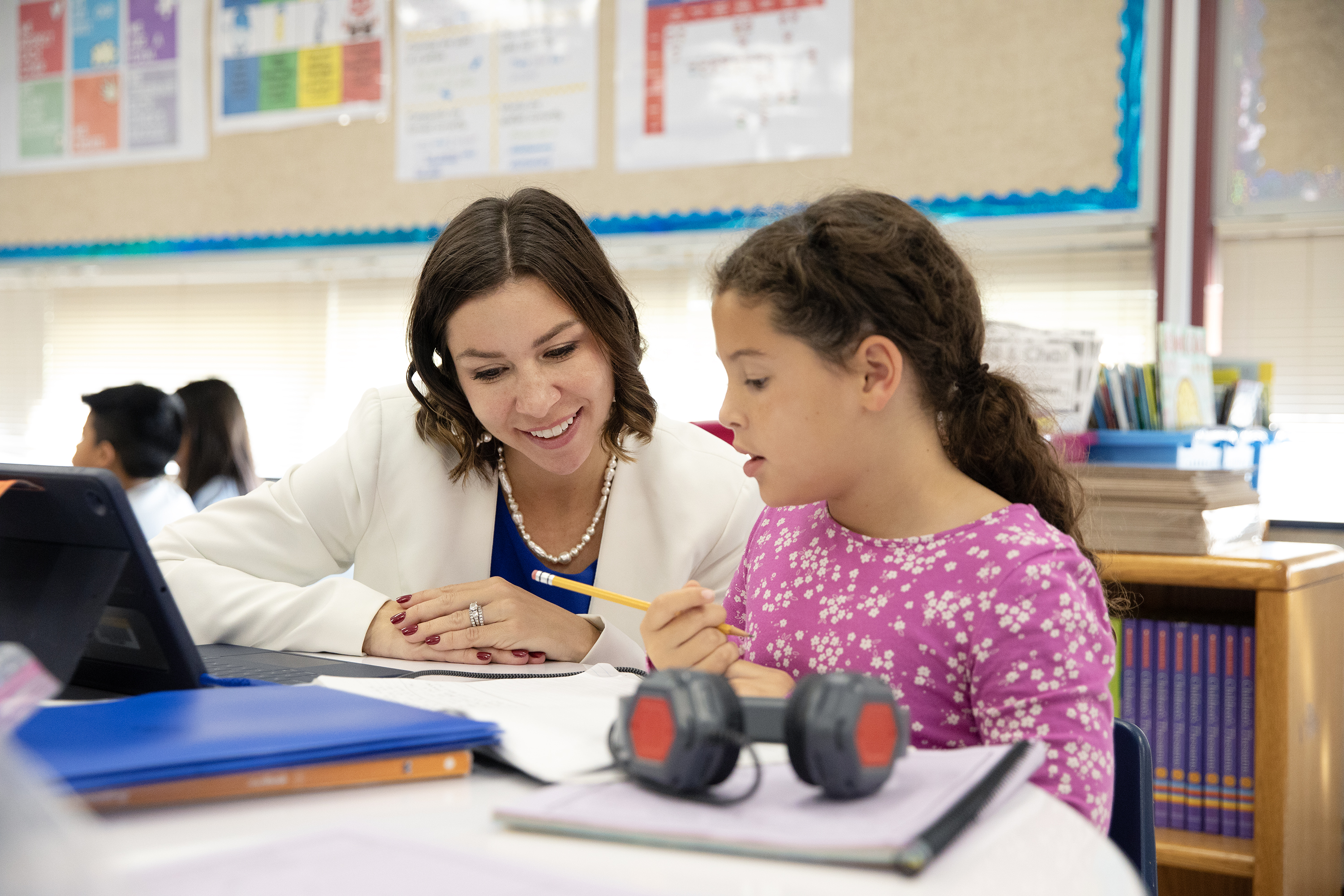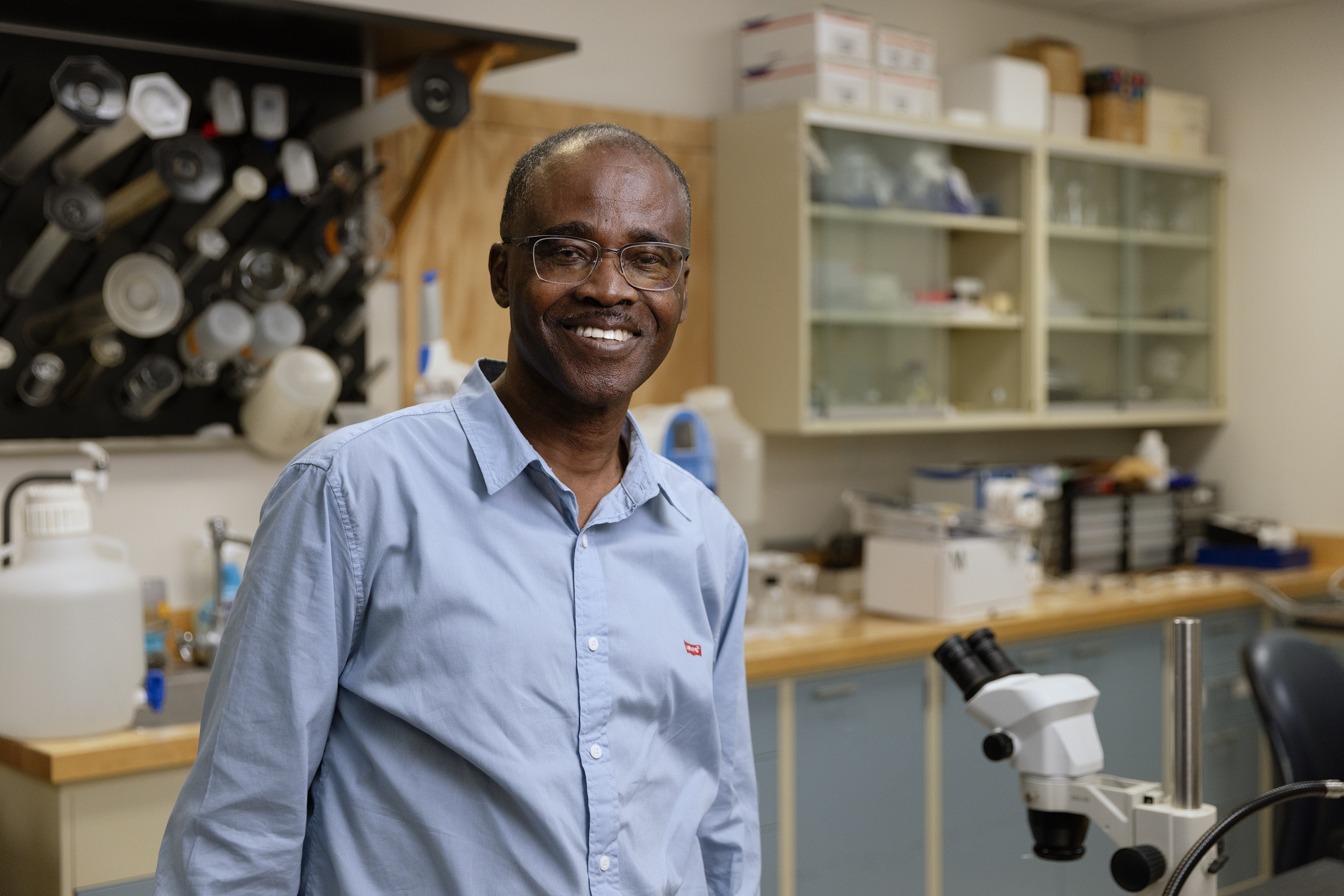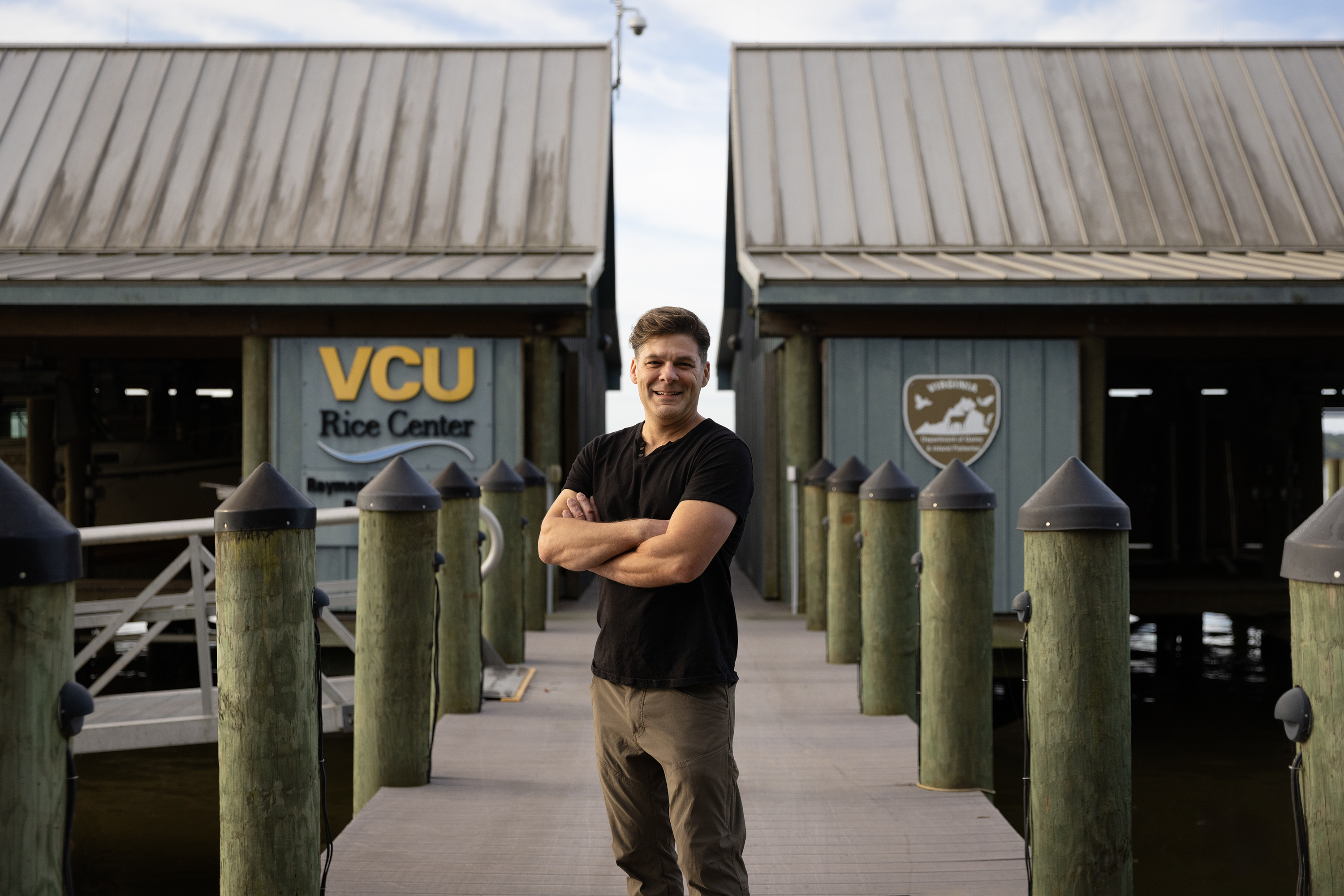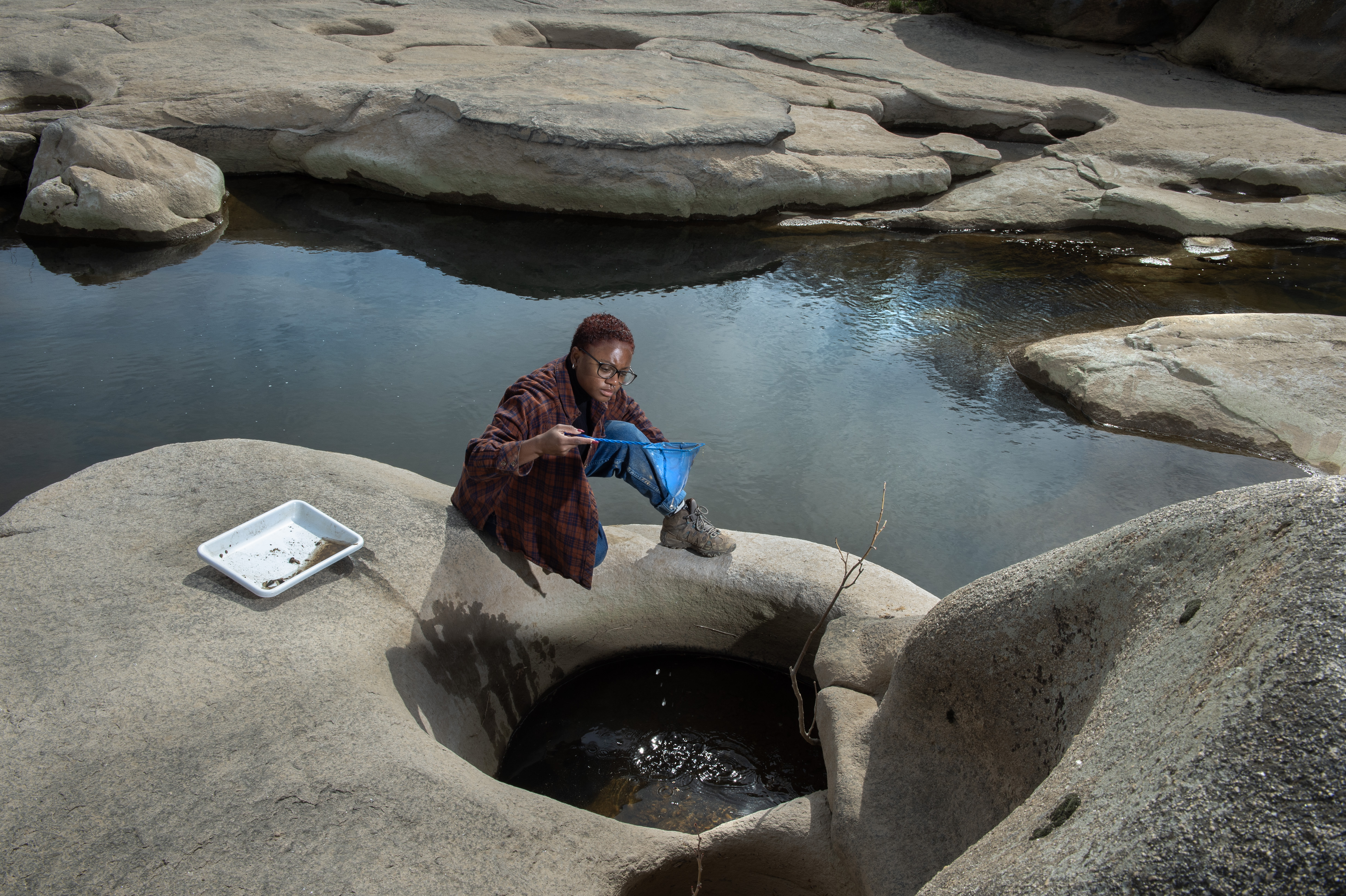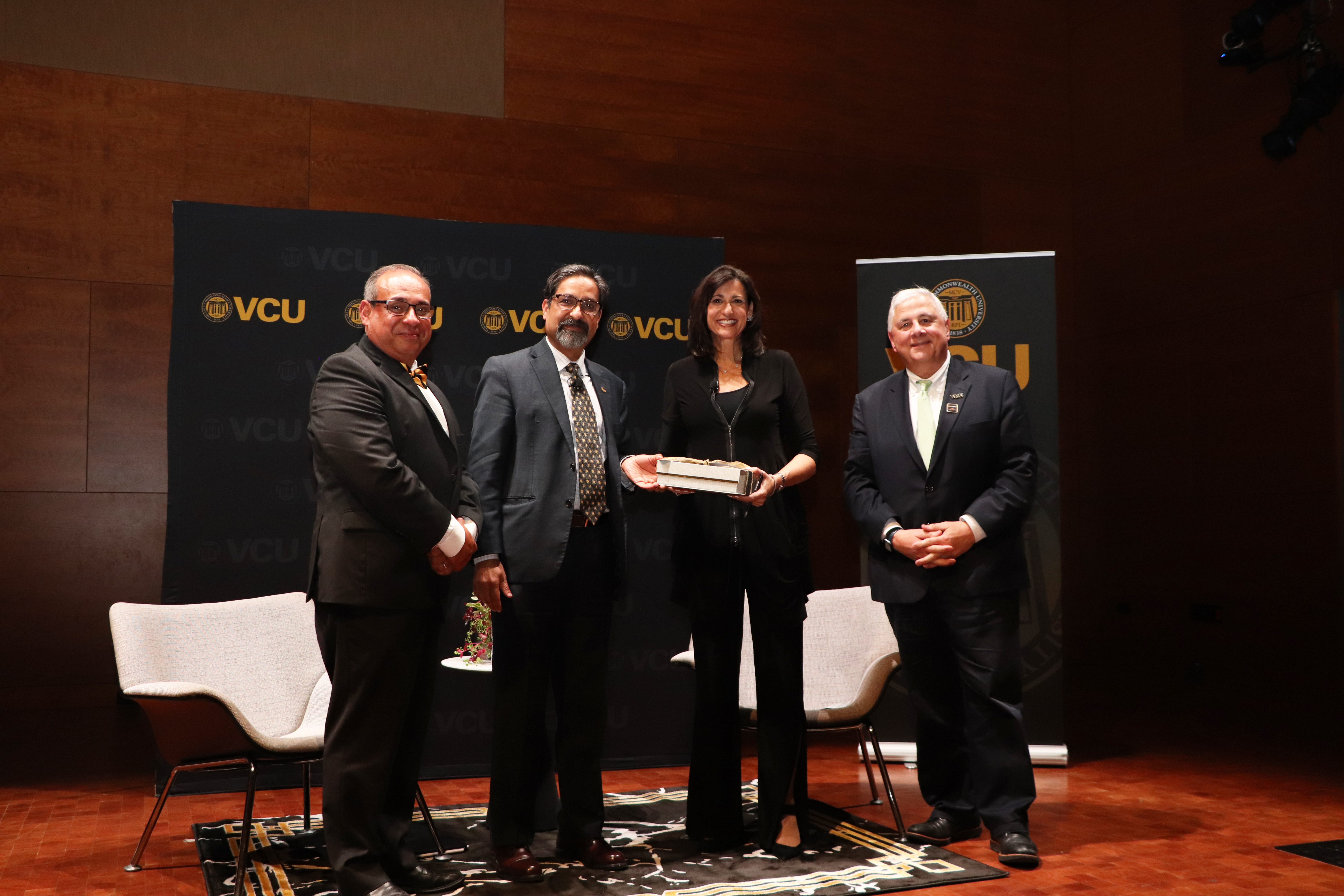How I found my research: Krista Dalton studies the genetics of cancer to give pediatric patients a brighter future
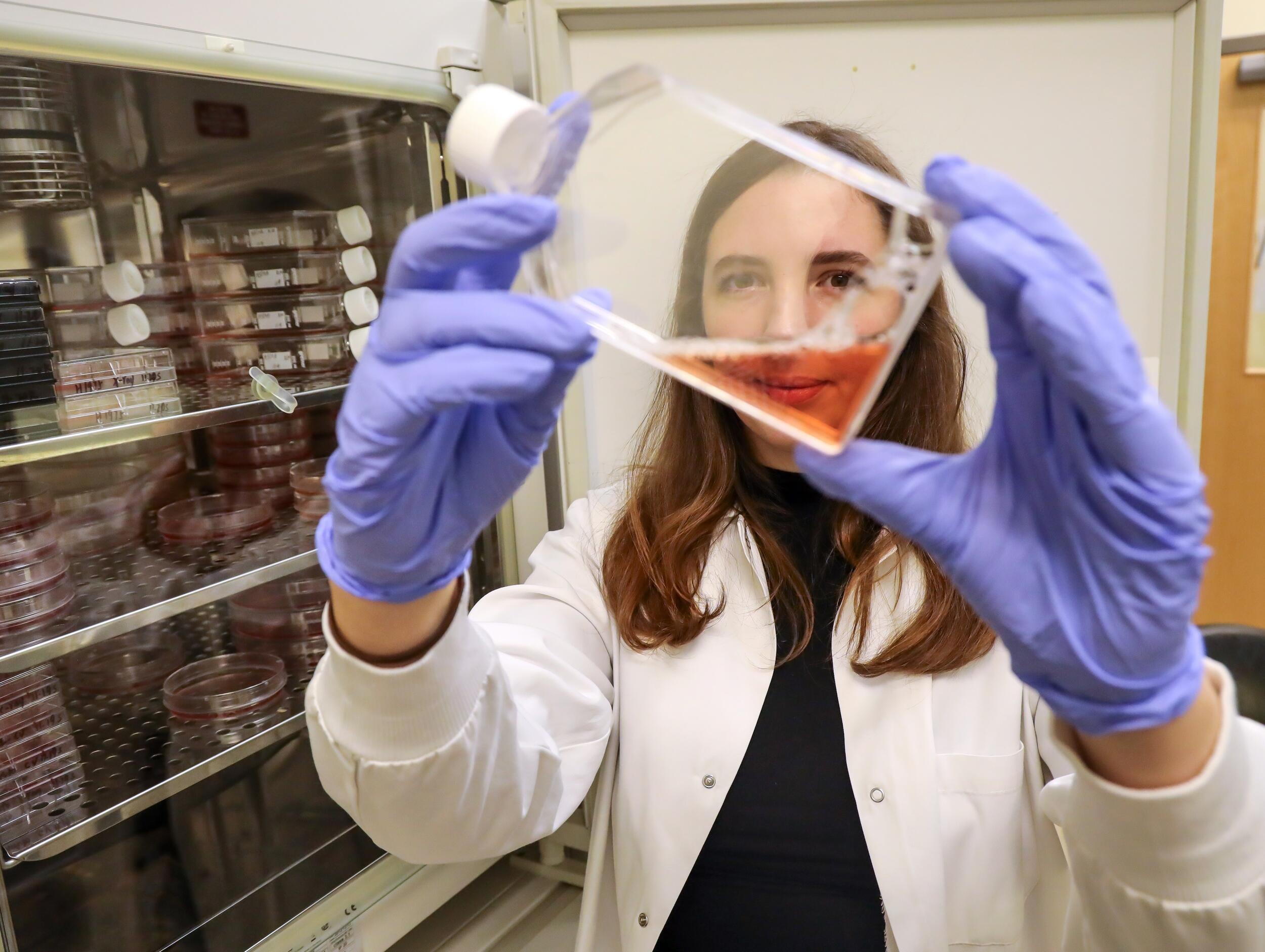 Krista Dalton, a postdoctoral researcher at VCU’s Philips Institute for Oral Health Research, is researching neuroblastoma, a severe pediatric cancer often driven by MYCN gene alterations, or changes in MYCN genes that can lead to abnormal cell growth and proliferation, often resulting in cancer.
Krista Dalton, a postdoctoral researcher at VCU’s Philips Institute for Oral Health Research, is researching neuroblastoma, a severe pediatric cancer often driven by MYCN gene alterations, or changes in MYCN genes that can lead to abnormal cell growth and proliferation, often resulting in cancer.
With a newly completed Ph.D. in oral health research, Dalton’s goal is to uncover therapeutic options that reduce cancer-related mortality and enhance patient quality of life. Inspired by her volunteer work with pediatric cancer patients at Connor’s Heroes, Dalton is driven by a strong support system of mentors, and finds fulfillment in the impact of her neuroblastoma research.
How I found my research: Jennoa Fleming studies the small wonders of the rock pools to understand our future on Earth
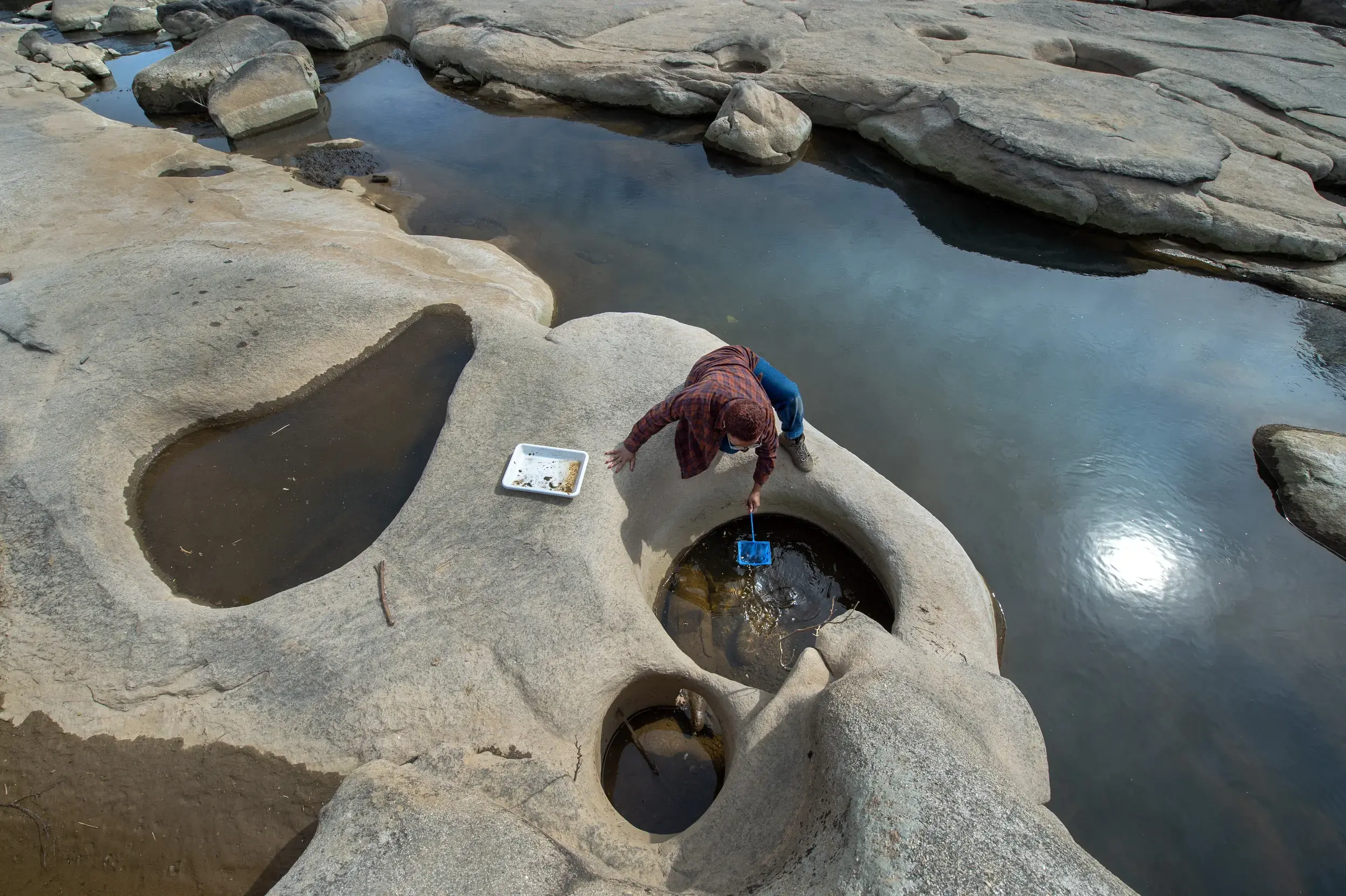 Jennoa Fleming, a senior at VCU studying environmental science in Life Sciences and minoring in biology in the College of Humanities and Sciences is researching the ecology of rock pools along the James River, focusing on interactions among macroinvertebrates and how cigarette waste affects snails.
Jennoa Fleming, a senior at VCU studying environmental science in Life Sciences and minoring in biology in the College of Humanities and Sciences is researching the ecology of rock pools along the James River, focusing on interactions among macroinvertebrates and how cigarette waste affects snails.
Initially on a pre-med track, Fleming was inspired by her high school experience in a VCU-led river project, which shifted her career path to ecology. Supported by mentors like James Vonesh, Ph.D., a professor in the Center for Environmental Studies at VCU who studies the rock pools and Catherine Hulshof, Ph.D., an associate professor of biology, she now leads SEEDS, a student group promoting diversity in ecology.
The sound of science: VCU students compose electronic music that incorporates environmental data gathered at VCU Rice Rivers Center
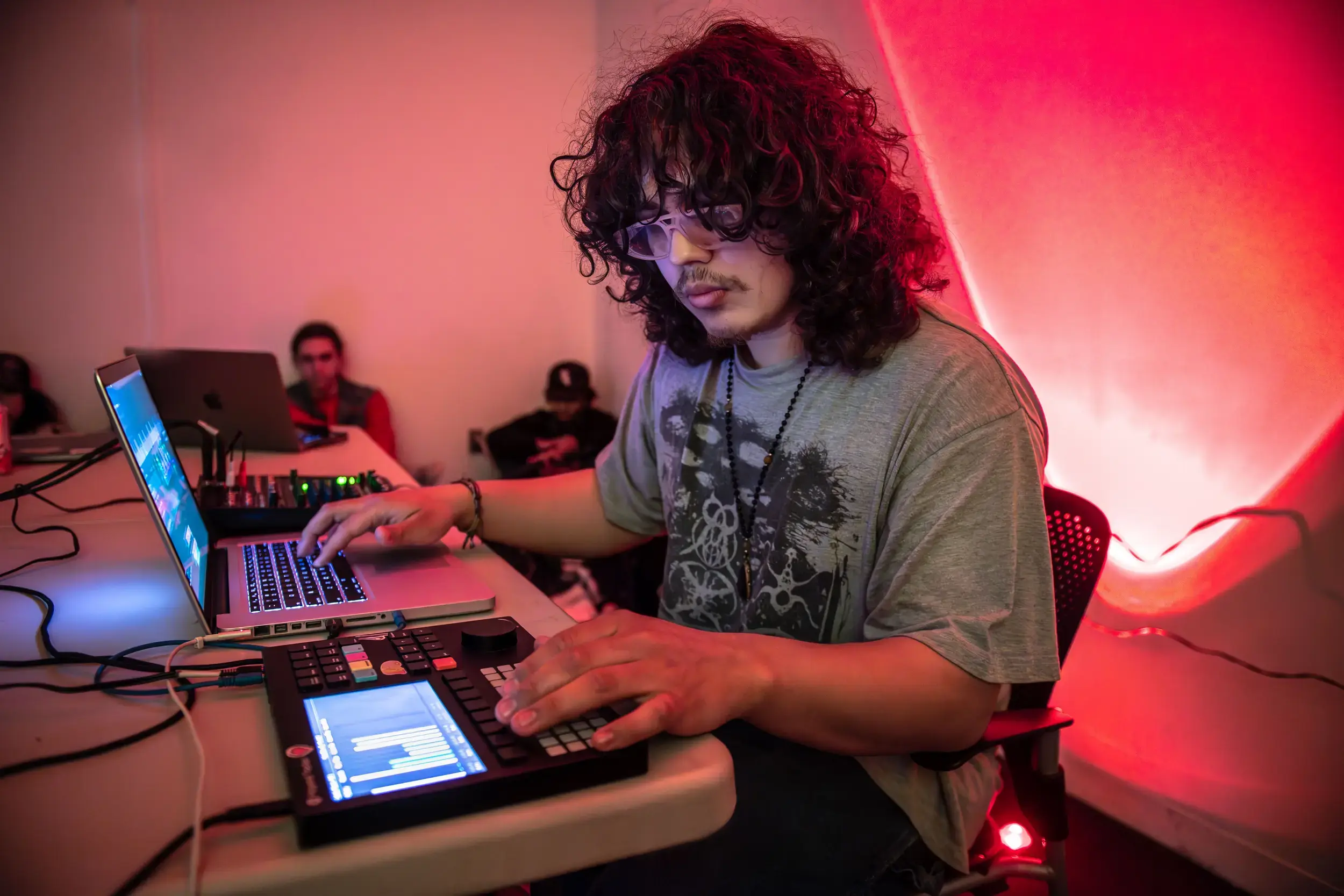 VCU students are turning environmental data into music. The Data Sonification class converts data from the Rice Rivers Center into sound, exploring how listening to data can reveal patterns and emotions.
VCU students are turning environmental data into music. The Data Sonification class converts data from the Rice Rivers Center into sound, exploring how listening to data can reveal patterns and emotions.
By collaborating with scientists and transforming complex environmental data into auditory experiences, students are able to combine art and science to create a new way of understanding the environment, making complex scientific concepts more understandable and memorable for students.
